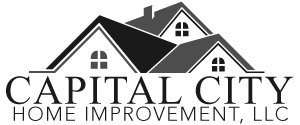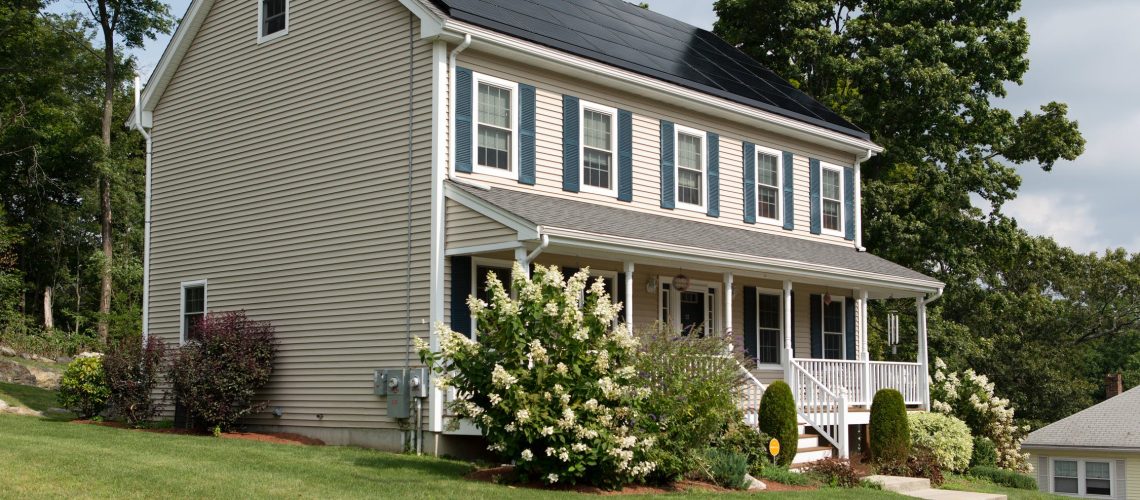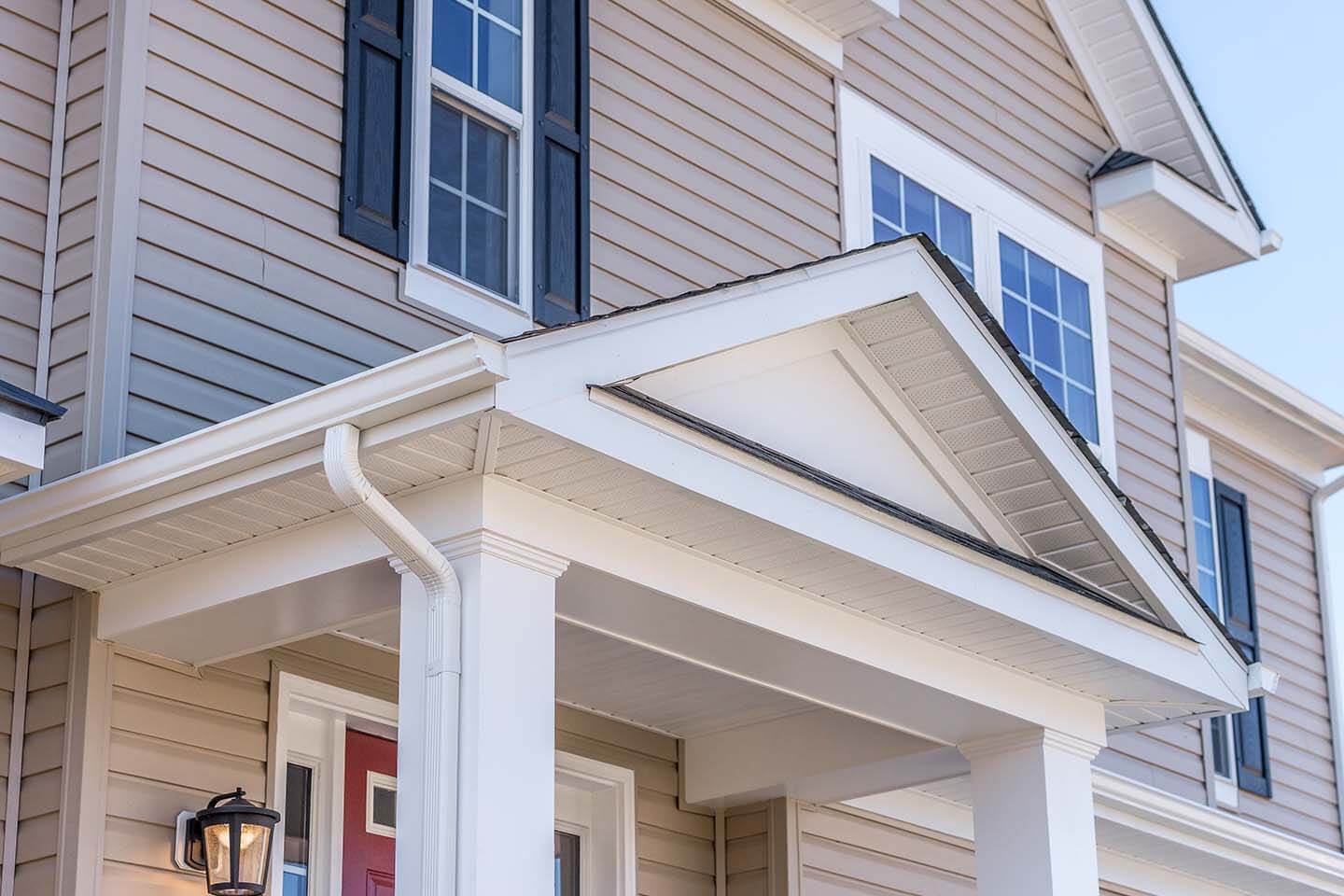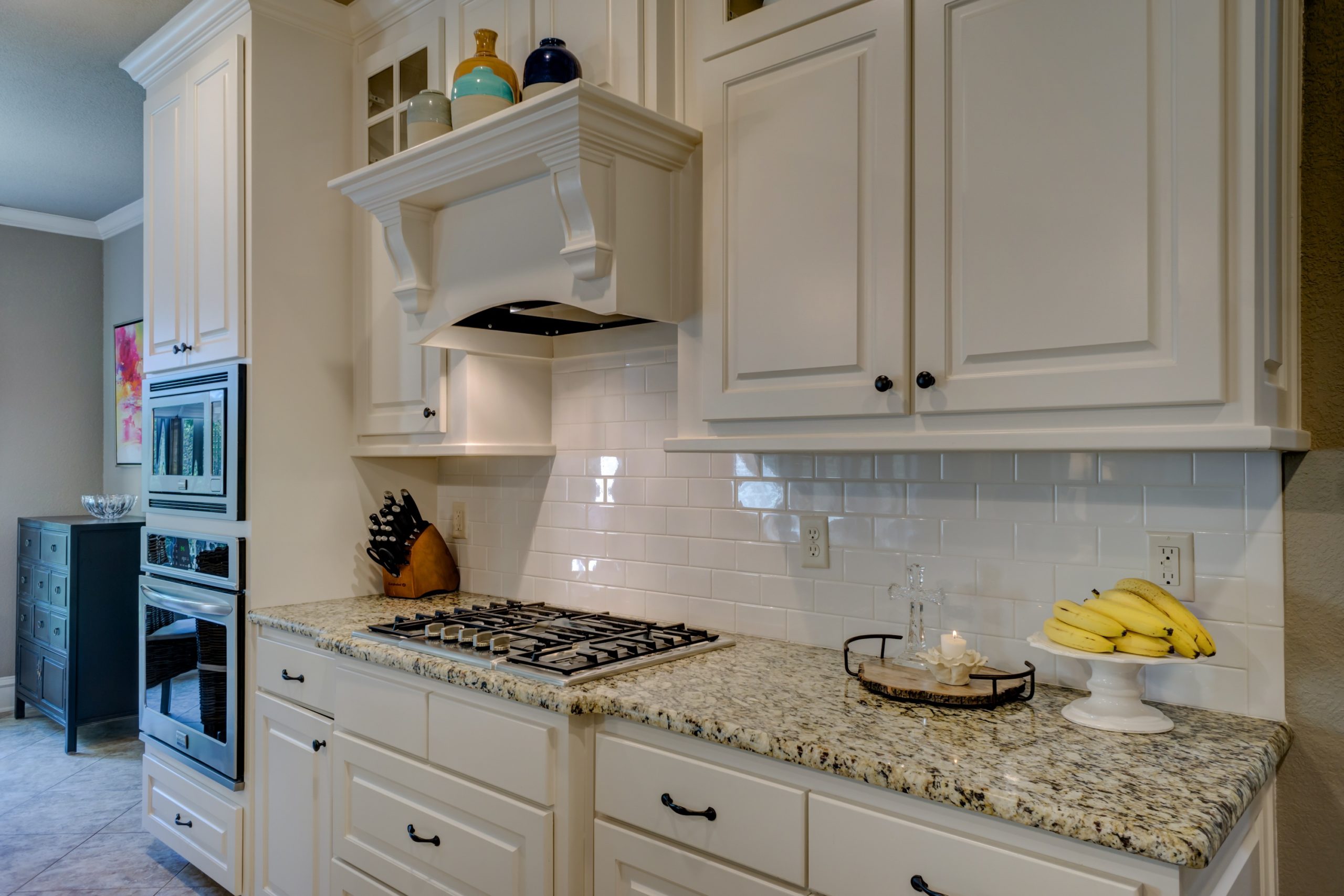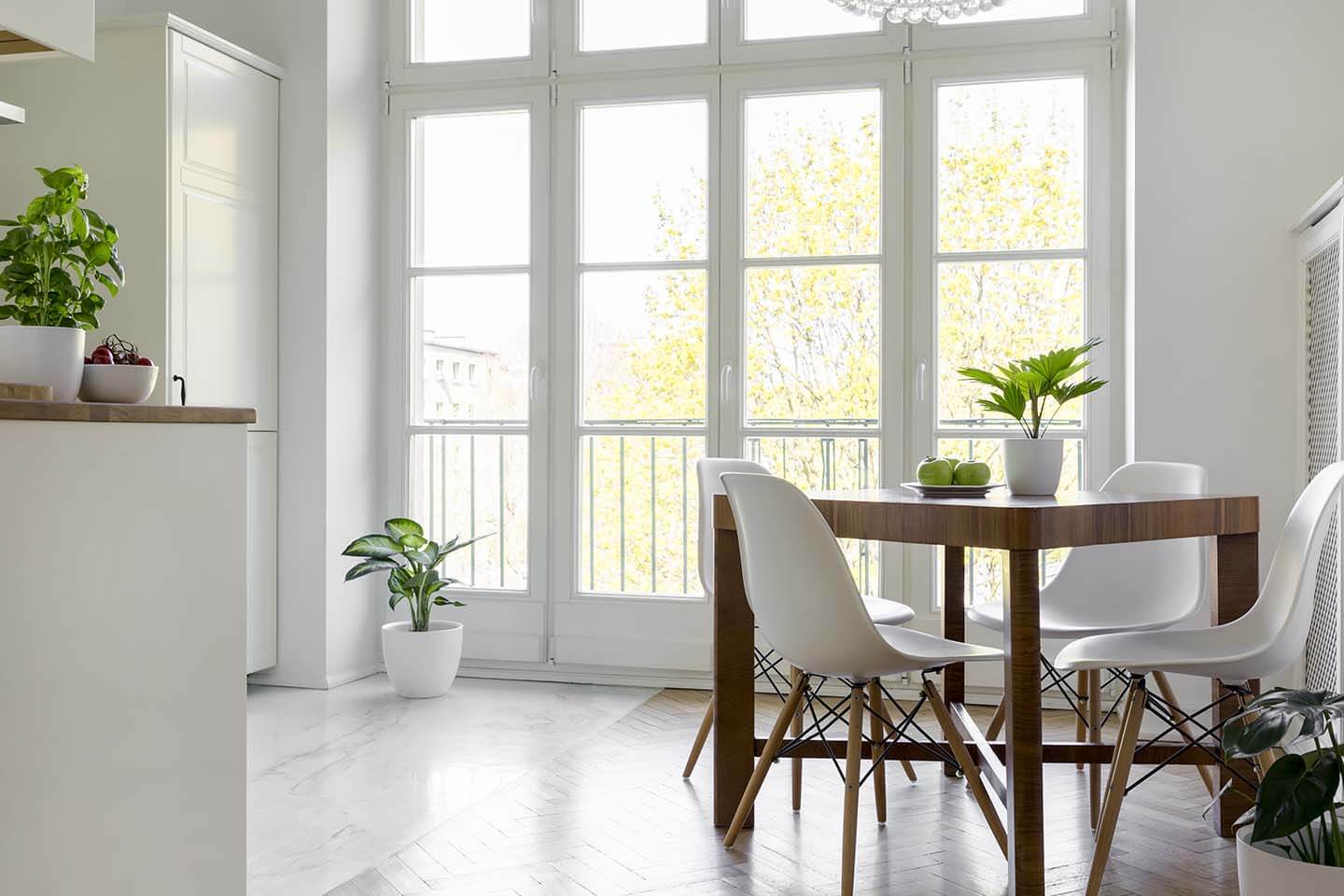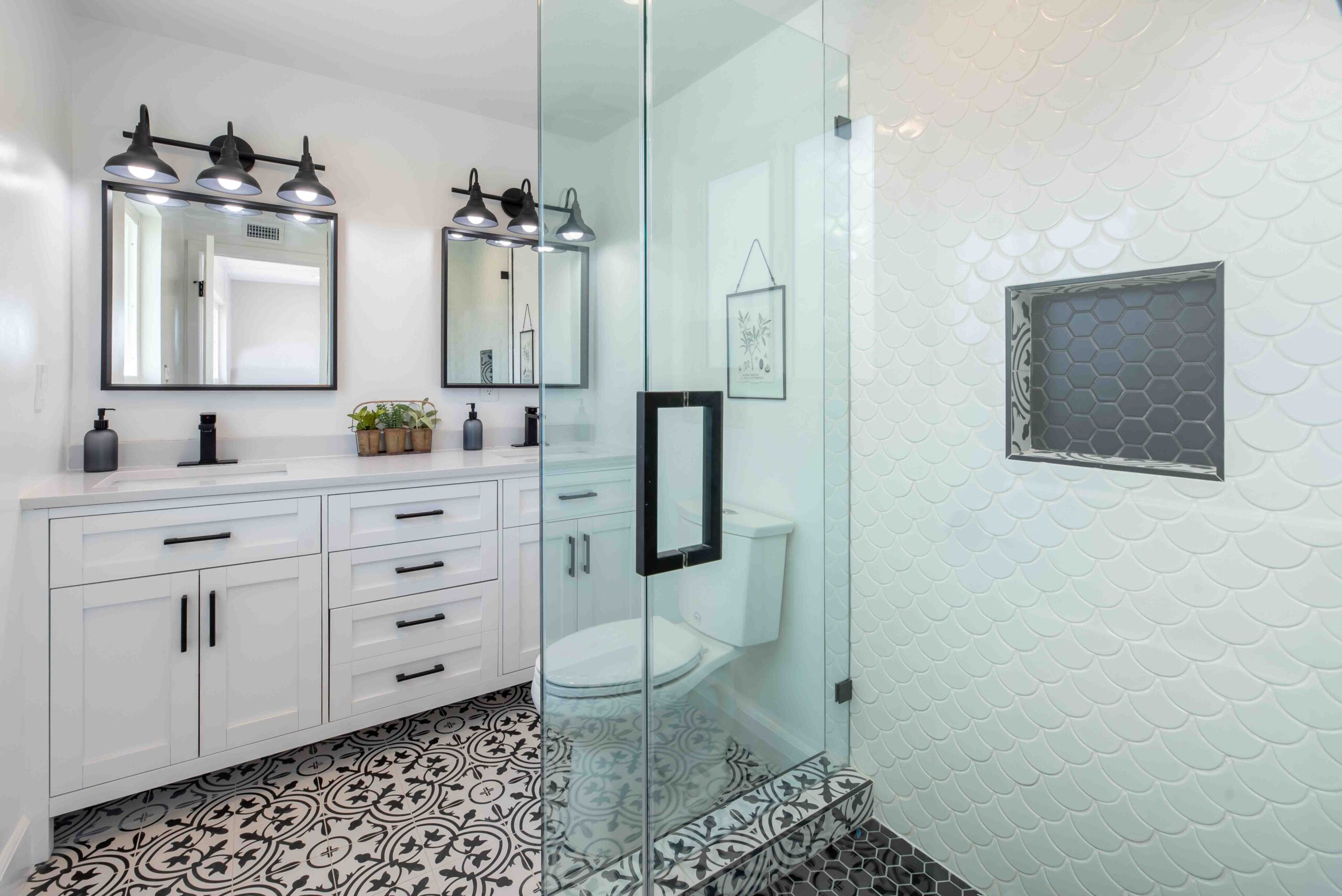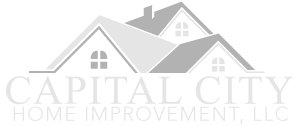Can house repairs or upgrades get you a break on your taxes? If so, which home improvements in Springfield IL are tax-deductible? These are great questions to if you’ve done any improvements in the past year, or if you’re planning to. Let’s dive in a little deeper:
Which Home Improvements Are Tax-Deductible?
A number of home improvement projects can be eligible for a tax write-offs, but it generally boils down to what type of project you’re doing and also whether it’s categorized as a repair service or an improvement.
Repair Services vs. Home Improvements
A home repair in Springfield IL is any kind of fix that brings something in your home back to its original state and/or value, according to the IRS. As such, house repairs are not tax-deductible, other than those involving office or rental residential properties that you possess. If this pertains to you, some examples repair services that would be deductible include repairing windows, broken plumbing, flooring, hardware, or roofing materials.
An enhancement is any kind of modification that enhances the value of your home. Instances of deductible home improvement include adding a new driveway, roofing system, siding, insulation, septic tank, or home appliances. While these improvements are commonly tax-deductible, some are only deductible in the year the residence is sold.
For example, if you made a house renovation in 2016 and sold your residence in 2021, any deductions you might be qualified for would be recognized on your 2021 tax return. Even if you’re not intending to sell your home the following year, it is essential to record any sort of tax-deductible house improvements you make along the way so you can get the most bang for your buck when improvements become tax-deductible. According to IRS Publication 523, to qualify as an enhancement, the project should add value worth to your home, bring it to like-new condition, or lengthen its usable life. If repair-type is part of an improvement project, you might be able to include it.
Below is a list of home renovations that are tax-deductible. We recommend reviewing this list to see if you’ve done any work that can be written off or used as a credit this, or any upcoming, season. If you’re uncertain whether a repair service or improvement is tax-deductible, call a local tax professional, who is best able to answer your questions.

1. Energy-Efficient Improvements
Type of Cost Savings: Credit
When You Can Claim It: Same Year
Homeowners can claim a credit, or a dollar-for-dollar decrease of the taxes owed, for certain energy-efficient improvements. A tax credit can be applied to 10% of the cost for qualified energy-efficiency enhancements, in addition to the amount of the energy-related home expenditures paid or sustained during the taxable year.
While the amount of credit available has been reduced over the years, putting solar power systems on new or current homes can still result in a 30% decrease of the overall expense of installation. This credit is not restricted to just your primary house and even offered on newly-constructed homes. Remember that many qualified energy efficient improvements can be credited, but not deducted, within the same year.
Tax-deductible energy-efficient improvements:
– Solar panels
– Solar water heaters
– Wind turbines
– Upgrading doors or home windows with energy efficient ones
2. Improvements for Medical Care
Type of Cost Savings: Deduction
When You Can Claim It: Same Year
Tax deductions for home improvements related to medical care can be hard to come by. Yet if you plan on aging in place, these enhancements might benefit you. You can deduct the costs of medical equipment installed in your home if its major objective is to provide care for you, your spouse or a dependent.
The following checklist of improvements are considered fully-deductible expenditures:
– Building entrance and exit ramps
– Widening doors and hallways
– Lowering or modifying kitchen cabinets
– Adding lifts from one floor to another
– Installing grab bars
– Upgrading fire alarms or smoke detectors
3. Home Office Improvements
Type of Cost Savings: Deduction
When You Can Claim It: Same Year
Two fundamental needs that quality office renovations for tax-deductions are regular use of the space and that your residence is the main place where you conduct business.
Over the last few years, home office improvements have actually seen some of the biggest tax regulation changes. Tax deductions are no longer available to workers who have a working space in addition to their employer’s office. Yet office remodels can still be deducted for those that are self-employed or run their own business.
The bright side is that if you qualify for this tax break, both repairs as well as improvements can be eligible, as long as they are only in the parts of your residence utilized for business. Home office improvements are deductible over time with depreciation, and can be claimed within the tax year they are completed, because they’re considered essential for the operation of your business.
Home Office improvements with tax-deductions:
– Repairs made directly to your home office space
– Improvements made directly to your home office space
– Repairs made to other parts of the residence (partially deductible)
– Some improvements made to other parts of the home (partially deductible)
– Repair work that directly benefits your office space can be deducted in full (e.g., fixing a damaged window in your office). If renovations or repair services benefit your entire home (e.g., HVAC systems or roof repair services), the reduction is calculated as a portion. For example, if your workplace occupies 20% of your residence, 20% of the renovation expense is tax-deductible.
4. Rental Property Improvements
Type of Cost Savings: Deduction
When You Can Claim It: Same Year
The rules on repair work vs. renovations for rental properties can be complicated. Repairs are tax-deductible, as they considered necessary to the proper function of a property. Comparable to an office, rental property repairs can be deducted within the year they are completed. Improvements, such as bathroom or kitchen remodels, additions, or appliance updates add value to your rental property as well as a result reduction in taxable earnings.
Rental property improvements with a tax deduction:.
– Any type of upkeep needed to preserve a habitable area for your renters
– Space enhancements or upgrades to the residential or commercial property (deductible in time, with depreciation)
5. Home Improvements for Resale Value
Type of Cost Savings: Deduction
When You Can Declare It: Year of Sale
Significant residence renovations or capital improvements boost your home’s worth. Capital improvements need to last for greater than one year and also add value to the base cost of your house, lengthen its life, or adapt it to new uses. Home enhancements for resale value can be tax-deductible when it comes time to sell your residence, so it’s important to make a list of invoices and also keep an eye on where cash was spent, such as labor expenses.
Resale-focused house improvements with a tax deduction:
– Building an addition onto your residence
– Finishing a basement
– Finishing an attic
– Adding a new bathroom
– Upgrading the HVAC system
– Adding a swimming pool
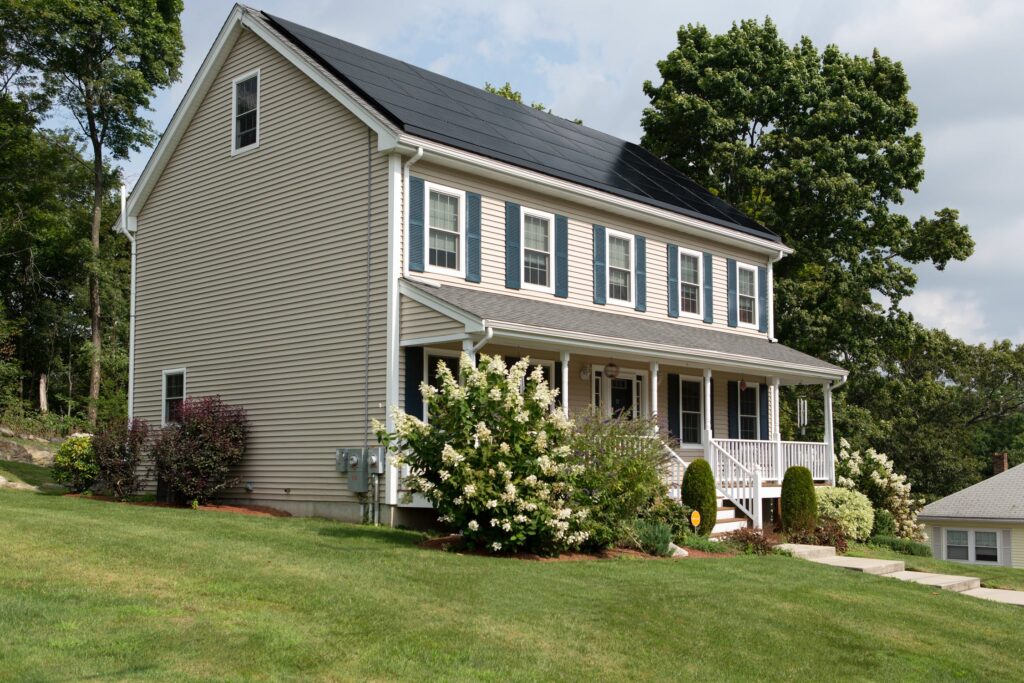
Tackle Home Improvements With A Potential Write-Off
Whether you’re making energy-efficient upgrades, upgrading your house prior to moving, or just making your residence fit your way of living better, we have the team and experience to tackel all of your home repair and improvement projects.
Call us at (217) 414-2304 for a free estimate!
